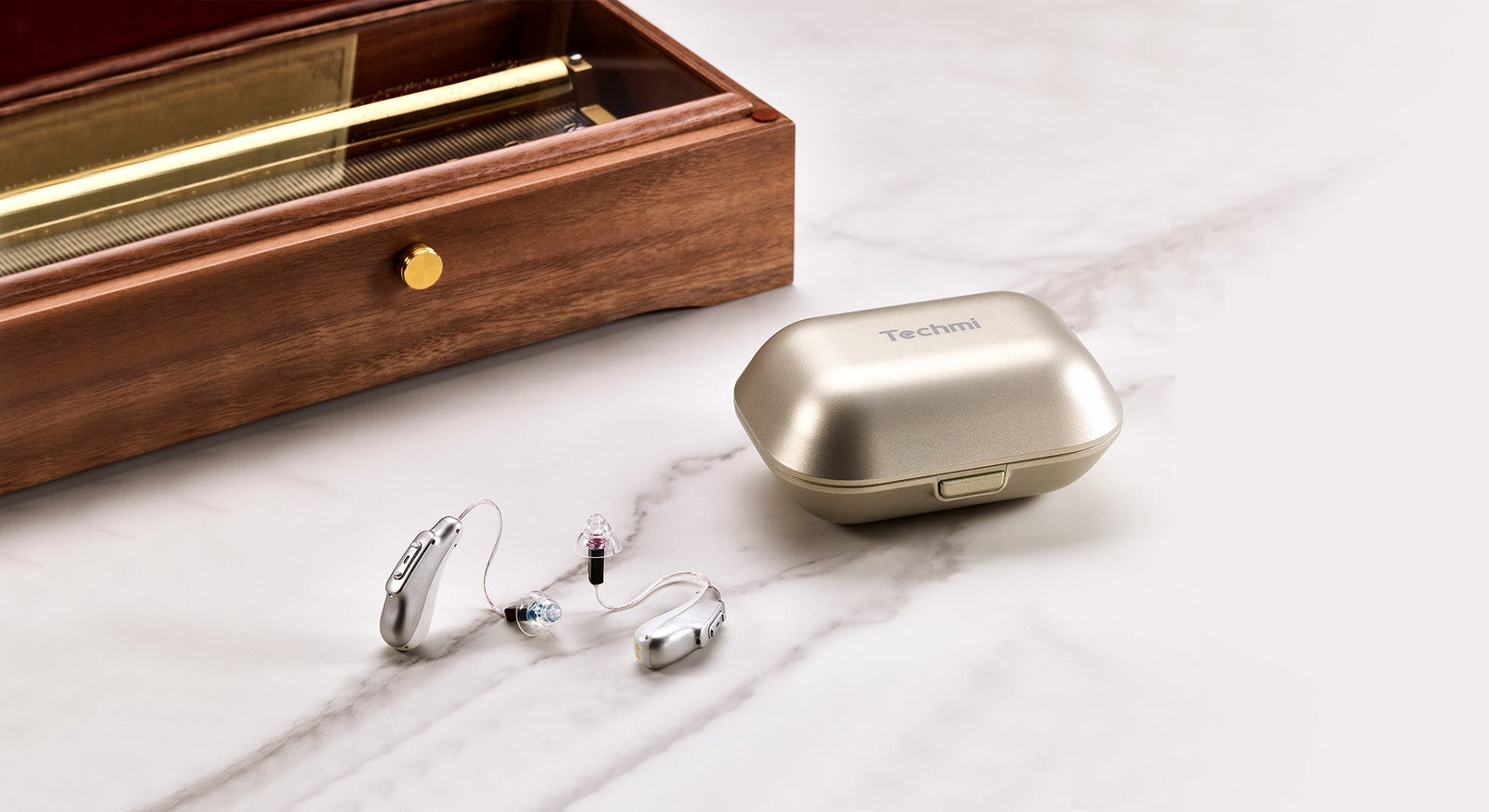What’s the difference between custom hearing aids and over-the-counter ones?

Custom vs Over-the-Counter Hearing Aids: What’s the Difference?
If you’re shopping for hearing help, the first choice you’ll face is whether to buy a prescription/custom hearing aid fitted by a clinician or an over-the-counter (OTC) device you can buy directly. The right path depends on your hearing test results, hearing-loss severity, budget, and desire for professional support.
Quick Answer
- Custom (Prescription) Hearing Aids: Tuned to your audiogram by an audiologist; better for moderate to severe hearing loss and more complex hearing needs.
- Over-the-Counter (OTC) Hearing Aids: Sold directly to consumers for mild to moderate hearing difficulty; you self-fit using app tools or presets.
How They Differ
1. Assessment & Fitting
- Custom: Requires a professional hearing test, fitting, and follow-up adjustments. Programming is personalized to your audiogram and listening goals.
- OTC: You can buy and self-fit at a store or online. Many units use generic amplification profiles or app-based self-tests.
2. Who They’re For
- Custom: Recommended for moderate to severe hearing loss, one-sided loss, or complex listening needs.
- OTC: Best for people with mild to mild-moderate perceived hearing difficulty who want a lower-cost, fast solution.
3. Cost & Service
OTC devices usually cost less upfront. Custom hearing aids include professional services like testing, fitting, follow-ups, and warranties. Those extras explain most of the price difference.
4. Features & Performance
Prescription devices often include advanced sound processing, noise reduction, directional microphones, and tailored programs for restaurants, TV, and more. OTC devices are evolving quickly but remain less customizable overall.
How to Choose
- Start with a hearing check (audiologist or reliable online screener).
- If your audiogram shows mild loss and you want a budget option, try a reputable OTC device with a trial period.
- If your loss is moderate or worse, or you want ongoing support, choose a prescription fitting.
- Confirm return policy, warranty, and service options before buying.
Frequently Asked Questions
Can OTC devices damage my hearing?
Unlikely if you follow manufacturer guidance, but avoid using them to self-treat sudden or severe loss — see a clinician first.
Do insurers cover OTC hearing aids?
Coverage varies — check your insurance plan for details.
Conclusion
If you’re unsure which type is right for you, hub in for our OTC Hearing Aids—or schedule a consultation to discuss custom fitting options.



